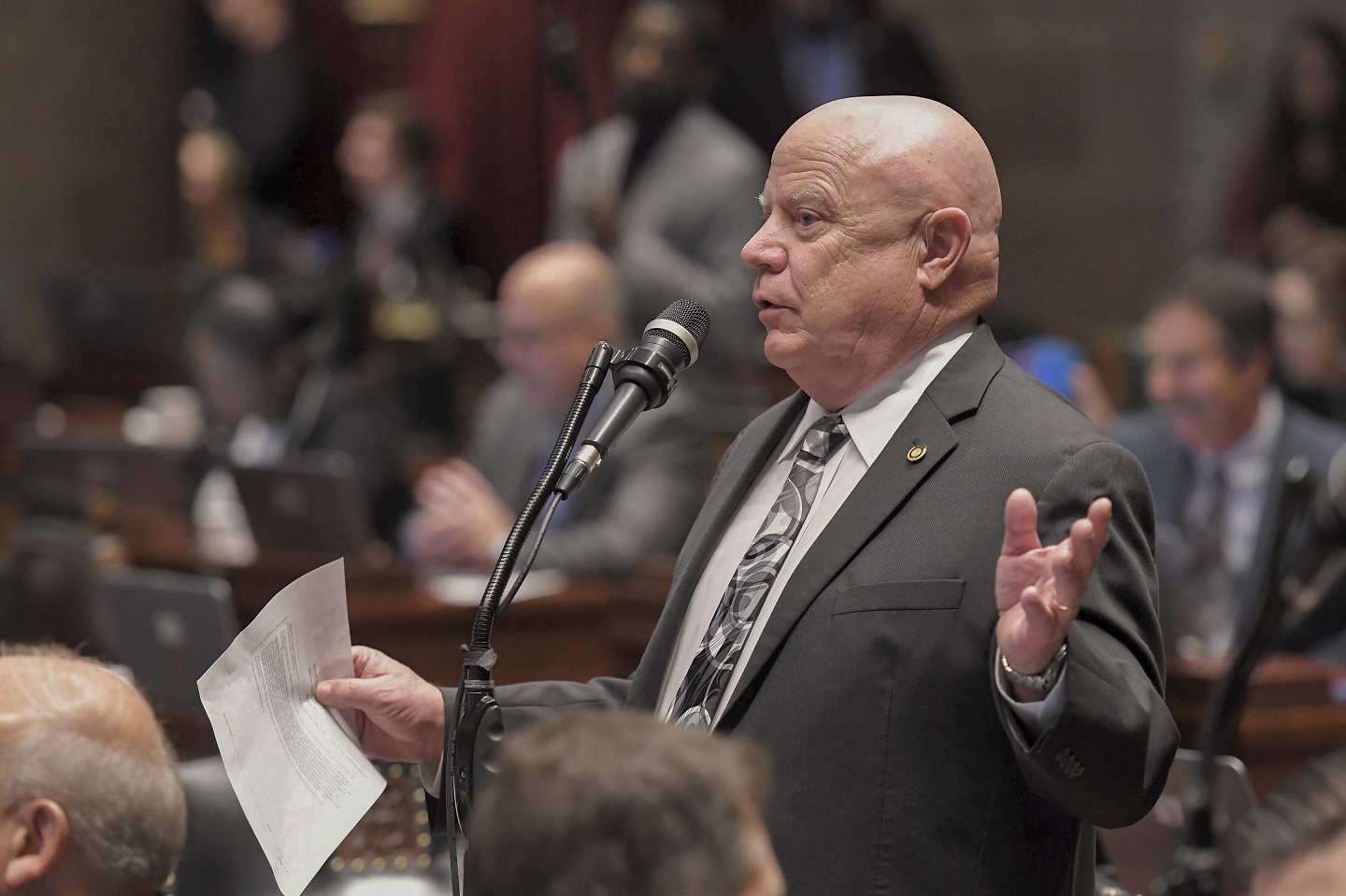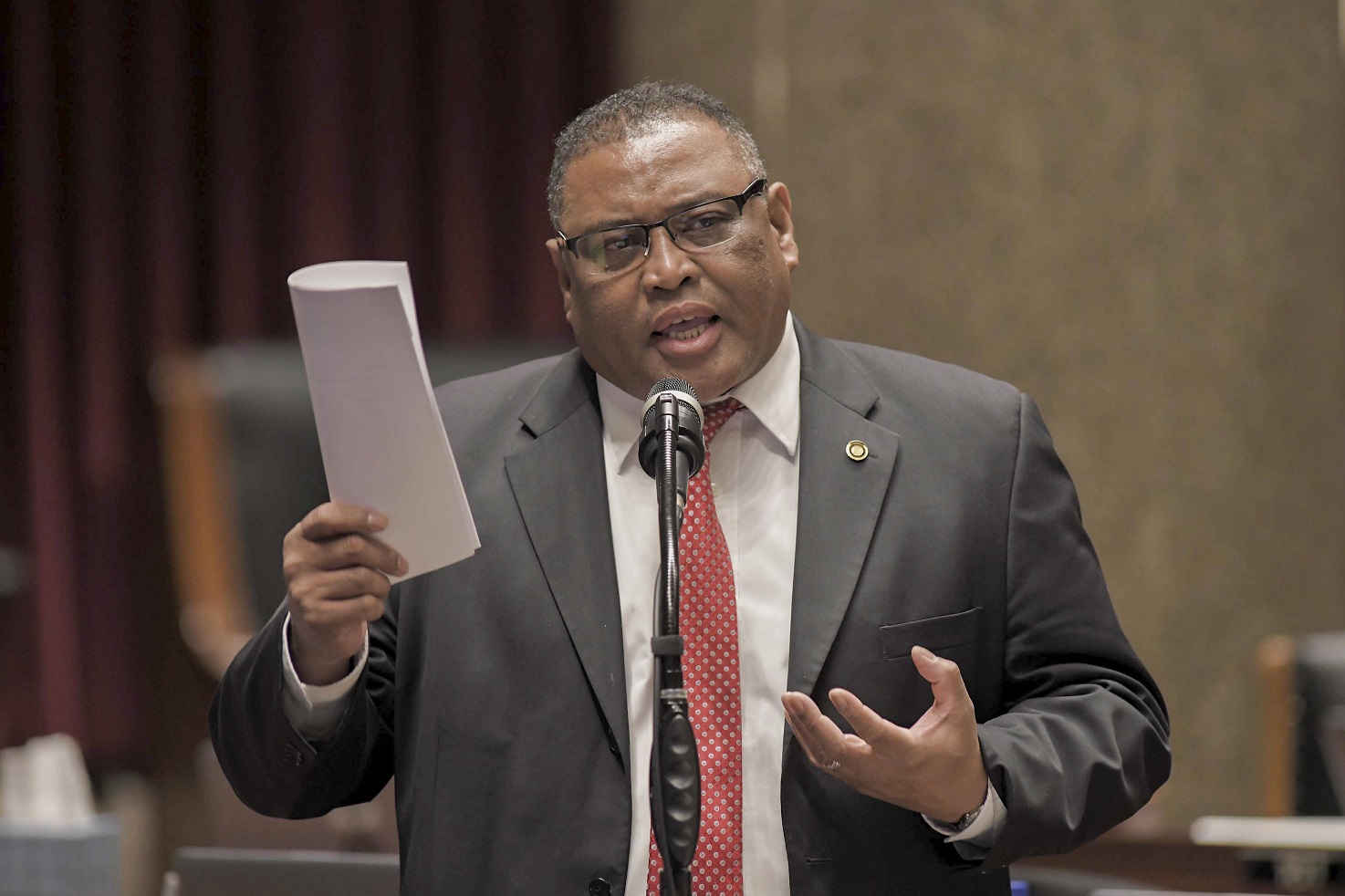A father who says his son’s death was mishandled by a local coroner is leading the push in the House to require more training for coroners.

Jayke Minor’s death in 2011 was initially ruled to have been the result of a drug overdose and no autopsy was conducted. Toxicology results later showed only marijuana in his system.
“I lost my son eight and a half years ago. There was a terrible job done on his death records to the point that I’ll never have the answers of what happened to him,” said Jay Minor, Jayke’s father. “As tragic as it’s been it led us to this point, to coming here to support this bill, because the only way that change is going to be made is to get this bill passed, and we’re dedicated to doing that.”
House Bill 1435 would require additional training for coroners. Sponsor Dan Houx (R-Warrensburg) said coroners can have any type of background, but might not have the training they need to do the job.
“Especially in rural Missouri where we don’t have medical examiners, and once again it could be any walks of life who don’t have the true training of how somebody passed away,” said Houx. “A lot of time right now with our epidemic that we have with opioids that they just say, well there’s an empty pill bottle and they possibly died from opioids when truly they maybe had a heart attack or some disease that could be traced back to family, and help families out down the line.”
Minor said when the toxicology report did not back up the finding of a drug overdose in his son’s death, the Howard County coroner changed his findings.
“These coroners don’t do exams, they don’t do autopsies, they just guess at what happened, and when the facts come back and they’re wrong they just change it to whatever they want,” said Minor. “My son’s coroner’s report had someone else’s name on it and it was scratched out with a pencil and his name was written in.”

Minor said he has heard of two cases in other counties in which deaths were mishandled and families were left without answers.
Minor said growing up in rural Missouri he always assumed that county coroners had adequate training and knew what they were doing.
“Until this happened to me I had no idea. We all put our trust in elected officials,” said Minor. “I have to say there are some very good coroners out there because some of them have been helping us. When the good coroners see the problem and they know that other professionals in their field have lacked and caused these problems, this says a lot, but they’re the very ones that are going to help us get this pushed through and make a change.”
This is the third year Houx has carried this legislation and the third year that Minor has gone before the legislature, media, and others, and shared what is a very painful story for him. Last year the legislation was vetoed by Governor Mike Parson (R) because of an amendment that had been added to it, to which he objected. Houx is optimistic that without that amendment, it will become law this year.
Minor is hopeful this will be the last year he has to push for the legislation.
“I have to be honest, it’s been very hard to do. You pour your heart and soul out in front of these people. The reaction that you get from the people that support you, whether it’s in these hearing rooms or on social media or family and friends, it’s overwhelming and that’s what gets you through it,” said Minor. “It is quite an honor to do this in my son’s name. This is for everybody in Missouri. This could happen to you tomorrow or you the next day, and that’s what we’re trying to prevent.”
The House Committee on the Judiciary held a hearing on HB 1435 and could vote on it at any time.

